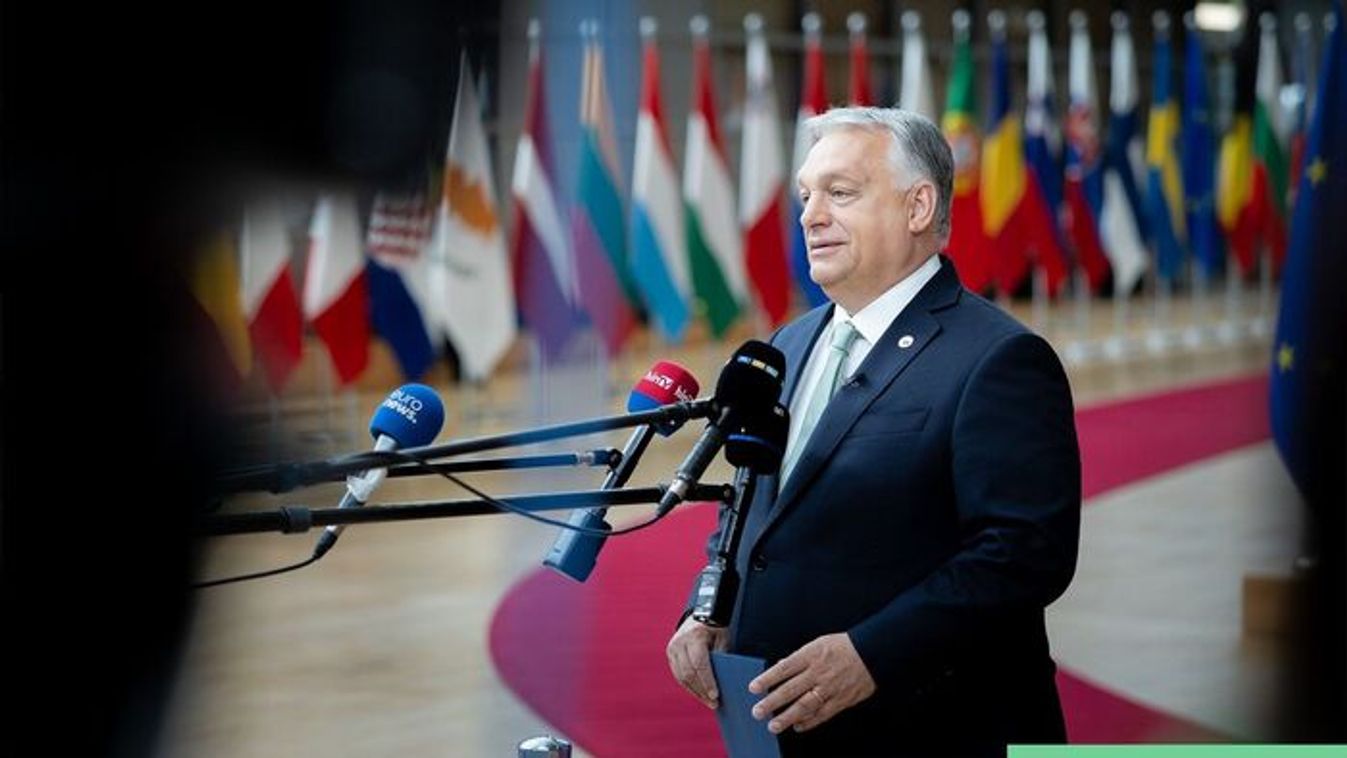Brüsszel semmibe veszi a magyarok véleményét

Az elmúlt időszak magyar véleménynyilvánításait folyamatosan igyekeznek lesöpörni az asztalról.

The most interesting question is not how America in 2011 is unlike America in 2001 but how it is unlike what it was in 1951.
„The dozen years between the fall of the Berlin Wall and that of the twin towers featured complacent, self-congratulatory speculation about »the end of history«. The end, that is, of a grand politics of clashes about fundamental questions of social organization. By the time 9/11 awakened the nation from such reveries, some Americans seemed to be suffering »1930s envy«, a longing for the vast drama of global conflict with a huge ideological enemy.
Ten years on from Sept. 11, national unity, usually a compensation for the rigors of war, has been a casualty of wars of dubious choices. Ten years after 1941, and in more recent decades, the nation, having lost 400,000 in the unavoidable war that Pearl Harbor announced, preferred to remember more inspiriting dates, such as D-Day.
Today, for reasons having little to do with 9/11 and policy responses to it, the nation is more demoralized than at any time since the late 1970s, when, as now, feelings of impotence, vulnerability and decline were pervasive. Of all the sadness surrounding this anniversary, the most aching is the palpable and futile hope that commemoration can somehow help heal self-inflicted wounds.”